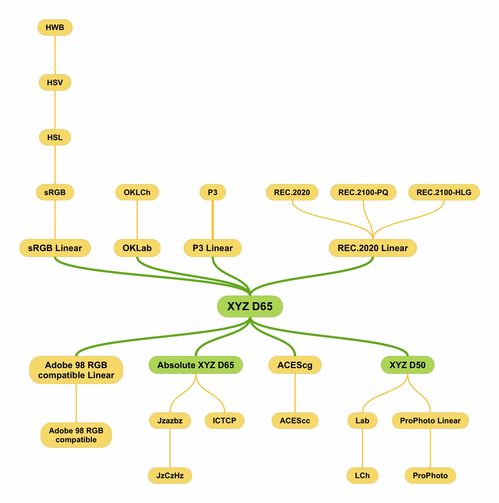前端函数编程软件

Frontend Functional Programming
Functional programming is a programming paradigm that treats computation as the evaluation of mathematical functions and avoids changing state and mutable data. In the context of frontend development, functional programming can bring numerous benefits in terms of code readability, scalability, and maintainability. Let's explore some key concepts and practices related to frontend functional programming:
One of the foundational principles of functional programming is immutability. In the frontend development, using immutable data structures can help prevent unwanted side effects and make it easier to reason about the state of your application. Libraries like Immutable.js or Immer can assist in working with immutable data structures in JavaScript.
Higherorder functions are functions that can either take other functions as arguments or return functions as results. They enable you to write more modular and reusable code. Common higherorder functions in JavaScript include map, reduce, and filter which can be utilized for working with arrays in a functional way.
Pure functions are functions that, given the same input, will always return the same output and do not have any side effects. Embracing pure functions in your frontend development can simplify testing and debugging, as they are easier to understand and reason about.
Functional composition involves combining multiple functions to create new functions. This approach allows you to break down complex logic into smaller, composable parts. Libraries like Ramda or Lodash can provide utilities for functional composition in JavaScript.
Declarative programming focuses on expressing what you want to achieve rather than how to achieve it. Libraries like React have popularized declarative UI programming in frontend development, which can lead to more concise and maintainable code.
Mutable state can introduce bugs and make code harder to reason about. By minimizing mutable state and embracing immutability, you can write more predictable and reliable frontend code.
Instead of directly manipulating data, consider using functions to transform and manipulate data. This approach can make your code more modular and easier to test.
Functional programming encourages handling errors in a structured and composable manner. By using techniques such as monads or Either types, you can manage errors without resorting to exceptions.
Frontend functional programming can bring significant benefits in terms of code quality, scalability, and maintainability. By embracing concepts like immutability, higherorder functions, pure functions, and functional composition, you can write cleaner, more robust code for your frontend applications. Remember to practice and continuously improve your functional programming skills to unlock the full potential of this paradigm in frontend development.
